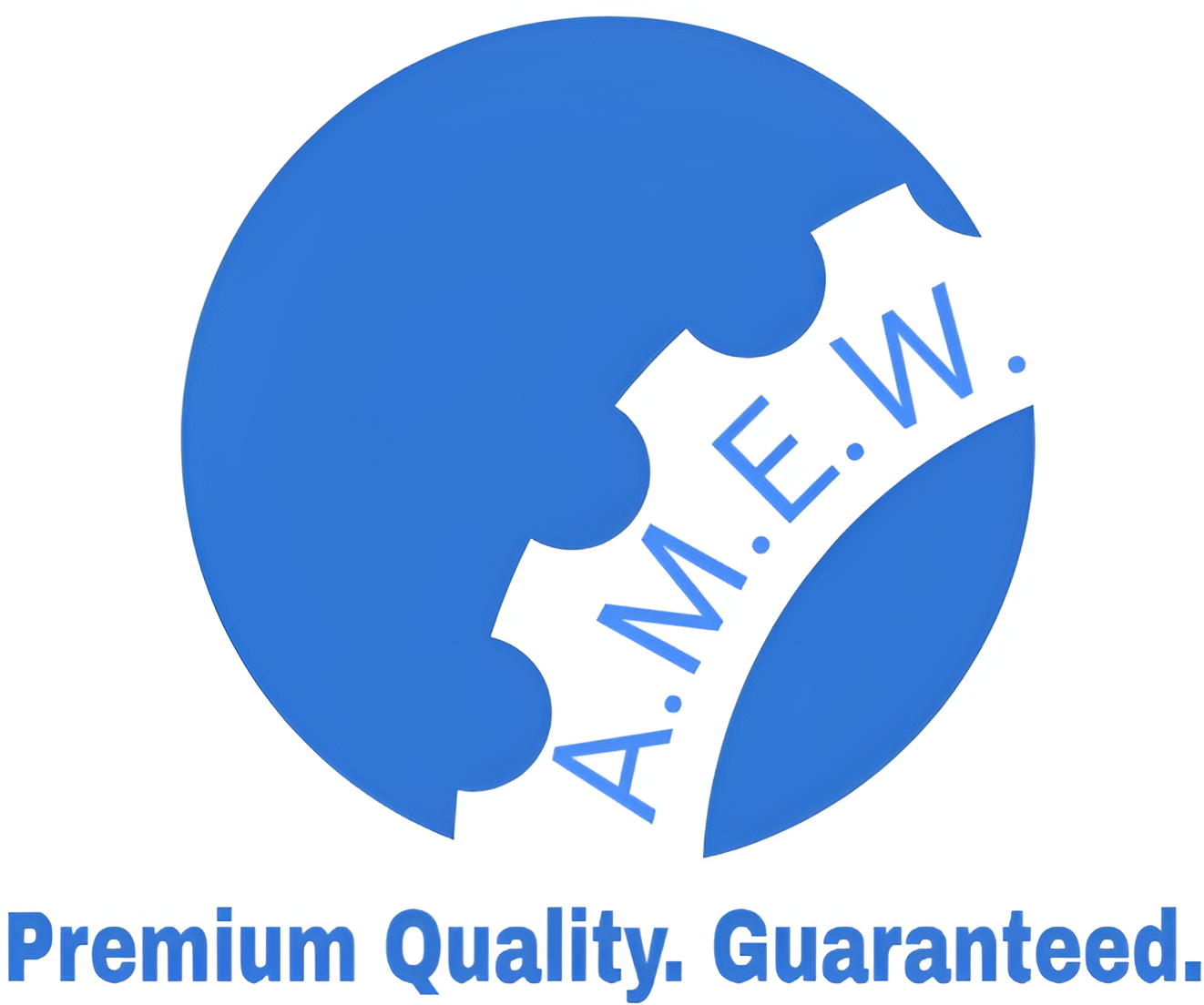Your Guide to Steel Pipes and Their Versatile Applications
Steel pipes play an essential role in industries ranging from construction to manufacturing. Renowned for their durability and strength, they have become the backbone of modern infrastructure. From transporting fluids across miles to supporting massive structures, steel pipes provide unmatched reliability and versatility.
But not all steel pipes are created equal. There are different types, each with unique properties and applications. Throughout this blog, we’ll explore these types, discuss their advantages, highlight their industry applications, and share tips for ensuring their longevity.
Types of Steel Pipes
Not all steel pipes serve the same purpose. Depending on the material composition and intended use, steel pipes are typically divided into three main types:
Carbon Steel Pipes
Carbon steel pipes are composed primarily of iron and carbon. These are some of the most widely used pipes due to their excellent strength and affordability. They’re ideal for low-pressure applications, such as in water transportation or structural use in buildings. While they’re sturdy, proper maintenance is necessary to prevent corrosion, especially when exposed to moisture.
Alloy Steel Pipes
Alloy steel pipes are crafted by adding materials such as molybdenum, chromium, or nickel to the steel. These additions improve specific properties like resistance to extreme temperatures or increased tensile strength. They’re often used in high-temperature environments, such as power plants or chemical processing facilities, where standard steel would fail.
Stainless Steel Pipes
Stainless steel pipes are perhaps the most recognized in this category. Known for their resistance to rust and corrosion, stainless steel pipes are widely used in industries like food processing, pharmaceuticals, and water treatment, where hygiene and longevity are critical. The chromium content in stainless steel forms a protective layer that prevents oxidation, making it ideal for both cosmetic and functional purposes.
Advantages of Using Steel Pipes
Steel pipes aren’t just popular by coincidence. Their widespread use is driven by a host of advantages that make them a superior choice in various industries.
Durability and Strength
Steel pipes are incredibly robust and can withstand significant external pressure, whether it’s due to weight, impact, or environmental factors. This durability makes them ideal for applications where material failure could lead to catastrophic results.
High-Temperature Resistance
Both alloy and stainless steel pipes excel in high-temperature environments, maintaining their structural integrity even under extreme heat. This makes them critical in industries like energy production and chemical processing.
Cost-Effectiveness
While the initial cost of steel pipes may be higher compared to some alternatives, their longevity, minimal maintenance requirements, and resistance to damage translate into lower long-term costs. They offer great value over their lifecycle.
Recyclability
Steel is one of the most recycled materials globally. At the end of their life cycle, steel pipes can be melted down and reused, reducing their environmental footprint. This sustainability makes steel a preferred choice for eco-conscious industries.
Applications of Steel Pipes
The versatility of steel pipes is showcased through their many applications across industries. Below are some of the major sectors where steel pipes are indispensable:
Oil and Gas Industry
Steel pipes are vital in the oil and gas sector. They’re used to transport crude oil, natural gas, and other products over long distances, both above and below ground. Their strength and resistance to high pressure are key to their reliability in this demanding industry.
Construction
From skyscrapers to bridges, steel pipes are used as structural components because of their ability to support heavy loads. Their hollow design makes them lighter than solid steel beams while retaining high tensile strength, making construction more efficient and safe.
Water and Wastewater Management
Steel pipes are frequently used in municipal water systems and wastewater treatment plants. Their ability to handle high pressure and resist corrosion ensures the safe transportation of clean water and the effective disposal of wastewater.
Manufacturing
The manufacturing industry relies heavily on steel pipes for conveying liquids, gases, and solids within facilities. They’re used in everything from automobile assembly lines to food production plants due to their hygienic properties and durability.
Maintenance and Longevity
To get the most out of steel pipes, proper maintenance is essential. By following these best practices, you can extend their lifespan and ensure they function efficiently:
Corrosion Prevention
Corrosion is one of the biggest threats to steel pipes, especially those exposed to water or chemicals. Coatings, galvanization, or the use of stainless steel can help prevent rust and corrosion.
Regular Inspections
Regular inspections are critical to identifying and addressing potential issues before they become costly problems. Routine checks can reveal cracks, leaks, or signs of wear that might compromise the pipe’s integrity.
Proper Installation
Incorrect installation can cause undue stress on steel pipes, leading to premature failure. Ensuring pipes are fitted correctly during construction and infrastructure projects is vital for their longevity.
Steel Pipes Shape the Backbone of Modern Infrastructure
Steel pipes are more than just hollow tubes. They’re the workhorses of vital industries such as construction, oil and gas, and water management. Their unmatched strength, durability, and versatility make them an essential component of modern infrastructure.
By understanding the different types of steel pipes, their advantages, and how to maintain them, businesses can make informed decisions that enhance efficiency and reduce costs. Whether you’re constructing a high-rise building, transporting oil, or processing wastewater, steel pipes stand as an indispensable solution.
Take a closer look at your next project. Could steel pipes be the key to bringing it to life?

